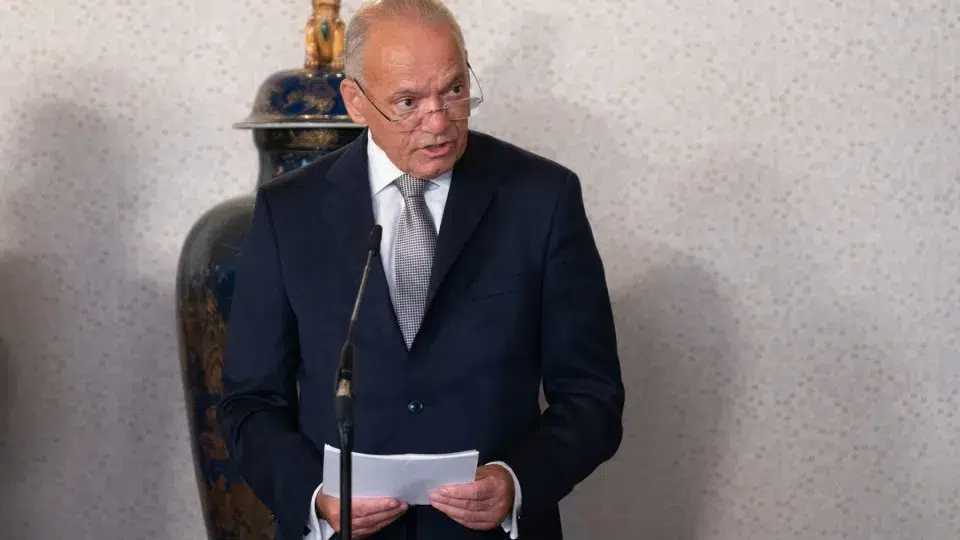
A recent study revealed that 45 municipalities (14.61%) in the country are classified as news deserts, having no local news coverage, while 38 municipalities (12.34%) are semi-deserts, experiencing infrequent or occasional local news.
Additionally, 87 municipalities (28.25%) were identified as threatened, having only one outlet producing regular local news, and 171 municipalities (55.52%) show some level of problem.
Compared to the 2022 report, the total number of regions considered news deserts decreased from 54 to 45, although the number of semi-deserts rose from 24 to 38.
The total number of municipalities with some type of problem increased from 78 to 83, the threatened municipalities remained stable at 87, while the total with problems slightly rose from 166 to 171.
The absence of media is more pronounced in the country’s interior, particularly in the Alentejo and Trás-os-Montes regions.
The Alto Alentejo has just nine media outlets for 103,000 residents, while the Alto Tâmega has the highest media per capita ratio, with 15 outlets for 78,000 inhabitants.
The coastal and metropolitan areas (Lisbon, Porto, and Setúbal) almost have no regions classified as news deserts, as municipalities there are served by two or more media producing regular local news.
The Greater Lisbon area has no deserts or semi-deserts, with only Amadora identified as a threatened municipality.
“Significant territorial inequalities persist, with the concentration of media in urban and coastal areas and heightened vulnerability in the interior,” the researchers noted in the study, although the regional scenario remains stable.
As of June 1, Portugal had 891 regional media, including 399 print, 263 radio, and 409 digital outlets.
Study authors state that “digital media is dominant and growing, although there are limitations in frequency and quality of news production in some cases.”
The research, conducted by the LabCom – Communication Sciences Research Unit of UBI, aimed to “deepen the analysis of its implications for informational citizenship, democracy, and social cohesion.”




